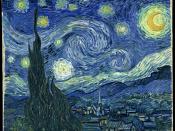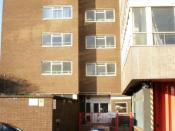Unipolar and bipolar disorders are both mood disorders that feature depression; however, there is a significant difference between the two.
Unipolar disorder is basically an episode of depression that lasts for at least two weeks. Its symptoms include a depressed mood and noticeable loss of interest in activities one used to enjoy. The person may feel empty or sad, dejected, agitated, anxious, tearful, angry, or humiliated. These feelings last for long periods of time. There may also be significant weight loss or weight gain and the person may experience problems sleeping, fatigue or restlessness. They may feel worthless or have excessive guilt and lose the ability to think clearly or concentrate. Self-blame is common and the person may experience a tendency to put themselves down and feel helpless and pessimistic. Physical symptoms include headaches, dizziness, and general pain. Suicidal ideation or suicide attempts may occur as well.
There are several theories about what causes depression.
Stress is a huge one, especially stress due to loss of a loved one. Biochemical factors are another cause. Cortisol, the stress hormone, and lack of melatonin have been shown to cause depression. Additionally, the brains of people who suffer from depression show a lower level of norepinephrine and serotonin. Genetics also play a part in the development of depression. Studies have shown that people are more likely to develop depression if others in their family suffer from it as well.
Unipolar disorder is treated in several ways. One form of treatment is electroconvulsive therapy (ECT) also known as electroshock therapy. This has shown to be very effective in past years but isn't as common anymore. ECT has its risks, however, and has been known to cause temporary memory loss. The use of this type of therapy has declined since the development of...


